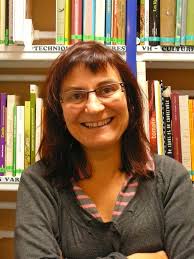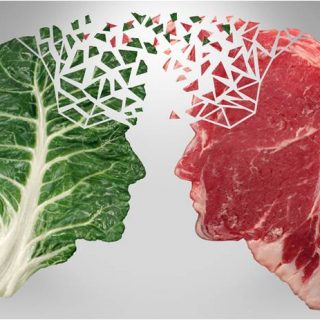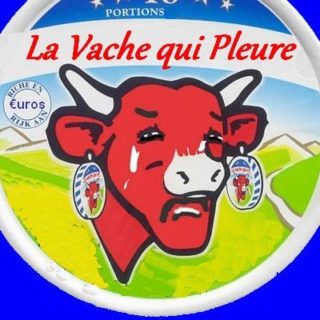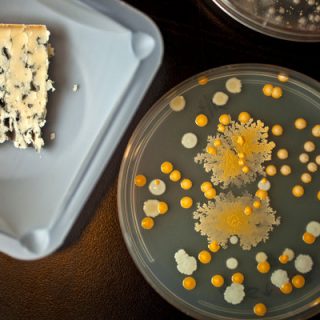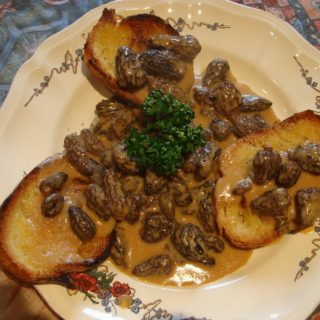Anne-Élène Delavigne is an ethnologist. His research in food anthropology focuses on food systems in urban societies that are partially disconnected from food production or ingredient preparation. She articulates classical anthropology of food (understanding how a social group feeds itself, what normative dynamics are applied to them) with an anthropology of supply chains (what are the interactions with nature and its resources?), which are both dependent at the national level on ideological systems involving health and the environment.
In particular, she has carried out work on the meat sector by considering the status of meat and the animals and the change in slaughtering practices and know-how. Part of her research is devoted to the analysis of social and artistic representations of meat and industry-related jobs, and more broadly of images produced on the rural or pastoral world. Anne-Élène Delavigne also conducts work on food inequalities. She has conducted fieldwork mainly in Denmark, France and Mali.
______________
Ph.D. in Anthropology, Ecole des Hautes Etudes en Sciences Sociales (EHESS), Paris
Recent academic publications:
- “Le froid et la viande : les savoir-faire bouchers de conservation de la viande”, in Pour une Histoire de la viande, sous la direction de Marie-Pierre Horard et Bruno Laurioux, Presses Universitaires de Rennes, 2017, pp.353-372.
- Delavigne A.-E., Boudier V. “Animaux écorchés et carcasses dans l’art : quels rapports à la viande ? ” Poli – Politique de l’image. Les Imaginaires comestibles. Janvier. n° 7 (2013).
- “La “bonne” viande aujourd’hui à Bamako. Le marché de la viande entre deux conceptions de la “qualité”. Journal des Africanistes. 81-1 : 97-117 (2011).




